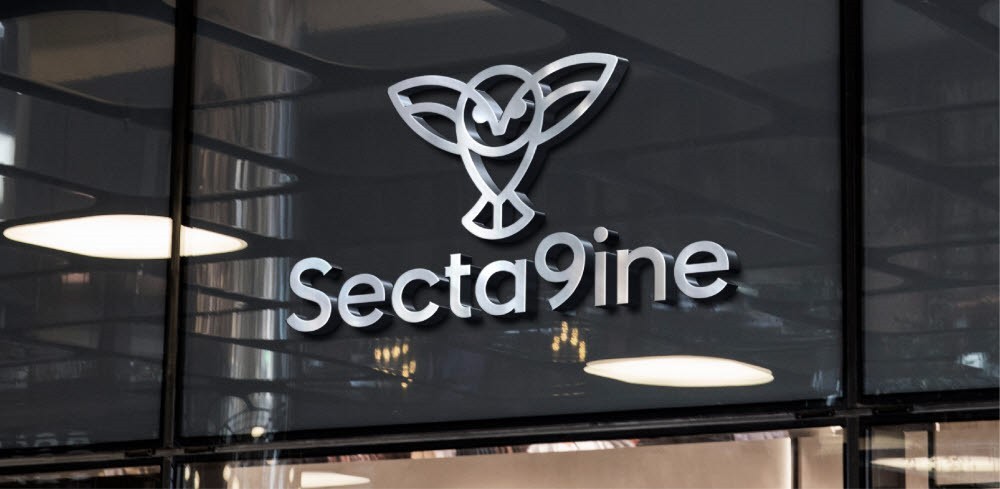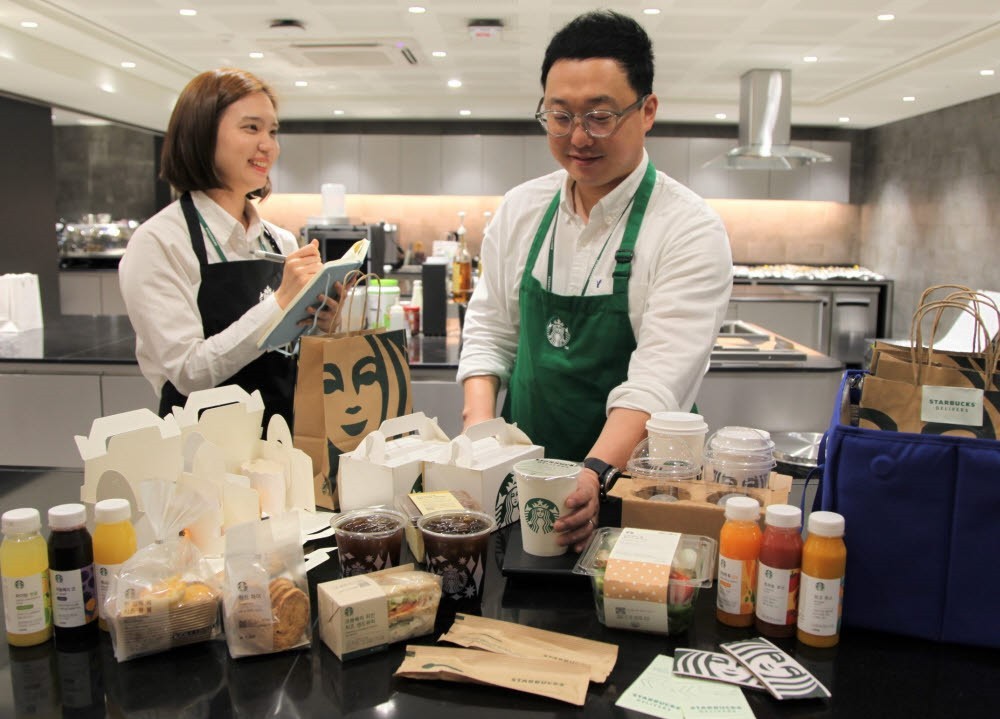SPC Group, 'Happy Butler' trademark application
Elandeats, Ashley, etc. improve delivery services
Starbucks to open 100 delivery pilot stores
Relying less on external platforms to reduce fees

The restaurant industry is accelerating its digital transformation. It is increasing new investments, such as directly getting involved with customers with its own appl and building a specialized delivery system.
According to a related industry on the 4th,Secta9ine, an affiliate of SPC Group in charge of IT, recently applied for a trademark called 'Happy Butler', which is reminiscent of a delivery app. Currently, Secta9ine operates ‘Happy Point’ and is conducting a delivery business through its own app, 'Happy Order’.
As part of quick commerce, Secta9ine is partnering with a walking platform for short-distance delivery. In March, Neulchan delivery (quick service), daily life logistics service business, and delivery agency were added to the business.
As the delivery sales of major restaurant brands within the SPC group such as Paris Baguette, Baskin Robbins, and Dunkin’sare growing, it is highly likely that businesses can expand their scale by establishing their own delivery network.
An SPC group official said regarding to this matter that, "Sect9ine, an affiliate of Happy Point, is conducting delivery business through its own platform such as Happy Order. In preparation for expanding the scale of our business in the future, we are filing trademark applications for various brand names, and the application is one of them. Yet, we have not decided on which services the brand will be used in the future.”
Elandeats, which operates Ashley and Nature Kitchen, is also improving its delivery services. Eland Group recently appointed Sung-yun Hwangas a new Elandeats CEO, who is in his 30s. CEO Hwang is receiving attention as he has been selected as the youngest CEO in the industry, with having unusual degrees in science and engineering background.
CEO Hwang is known to be recognized for leading innovative tasks such as home meal replacement (HMR), delivery services, and upgrading Ashley to Ashley Queens.
Ashley's delivery service is showing high growth rate. Ashley has been piloting some stores since October 2019 by setting them up as delivery pilot stores. It is expanding its delivery service to 43 stores last year and 60 stores this year. Ashley's delivery service sales are growing at an average of 10% each month.
It is expected that the new CEO Hwangwill prioritize digital transformation tasks such as offline store reorganization and brand rearrangement while continuing to pursue a strategy of further building up Ashley.

Starbucks Coffee Korea has significantly expanded its delivery service stores. It started with six pilot stores, then increased to 26, and now the number surpassed 100 stores since last month.
Starbucks started operating five delivery service stores including Yeok-sam Emart and Stalit Daechi B1 for the first time in November of last year, and is expanding the number of delivery stores. Currently, Starbucks is operating a delivery service only in Seoul, Gyeonggi, and Incheon.
The reason that the food service industry has shifted its focus in delivery services through its own app is that the industry can relieve from burden of extra fees using external platforms, and utilize big data such as customer purchase patterns.
An industry official said, “Rather than competing with Baedal Minjok or Yogiyo(delivery services), our purpose is to establish our app to attract loyal customers and lower the burden of extra fees. The need for digital transformation across the food service industry has become necessary;thus more strategies such as this will only increase.”
By Staff Reporter Hyo-joo Park (phj20@etnews.com)